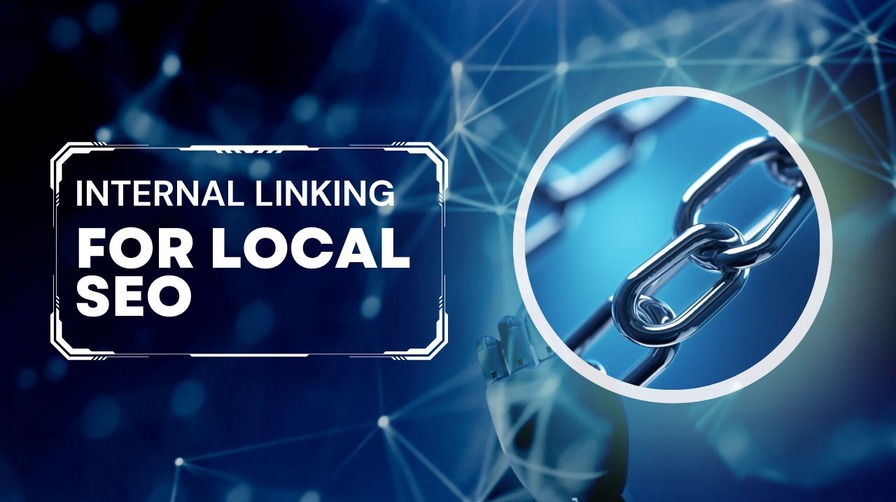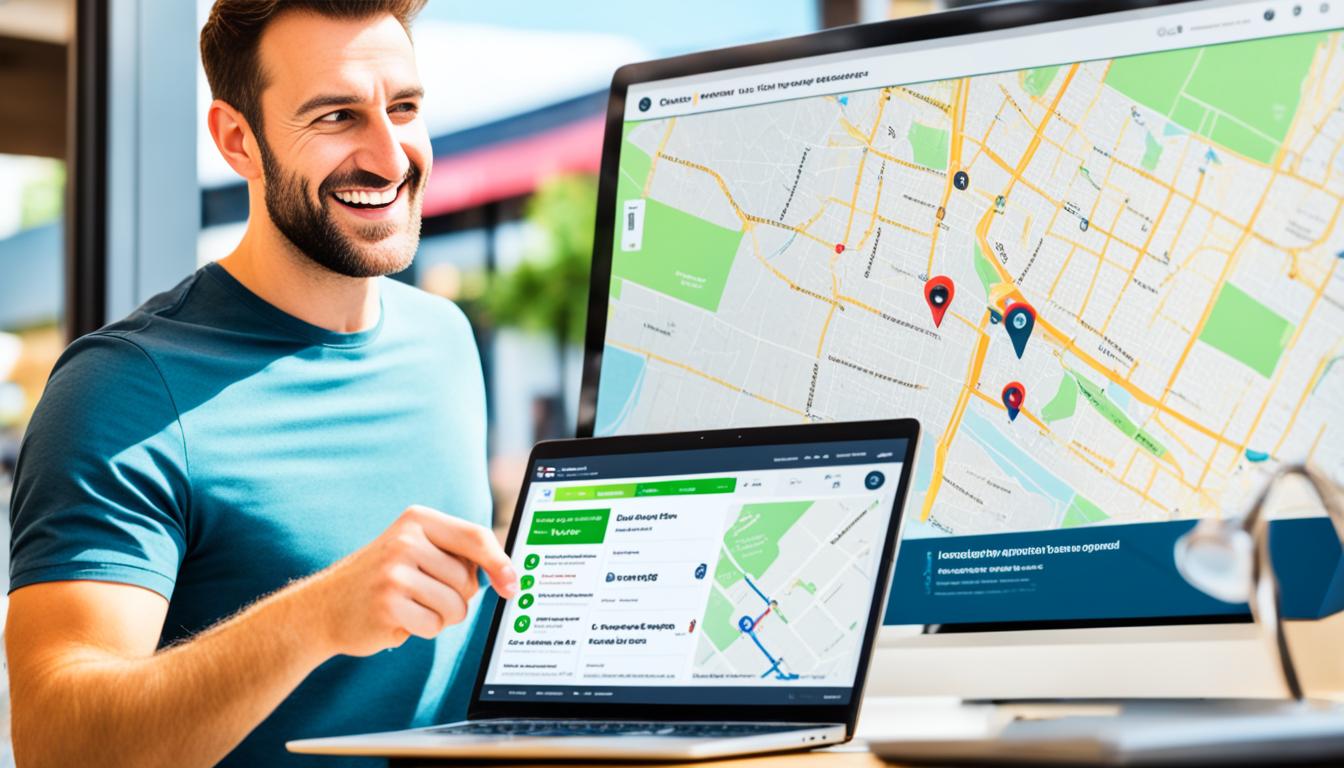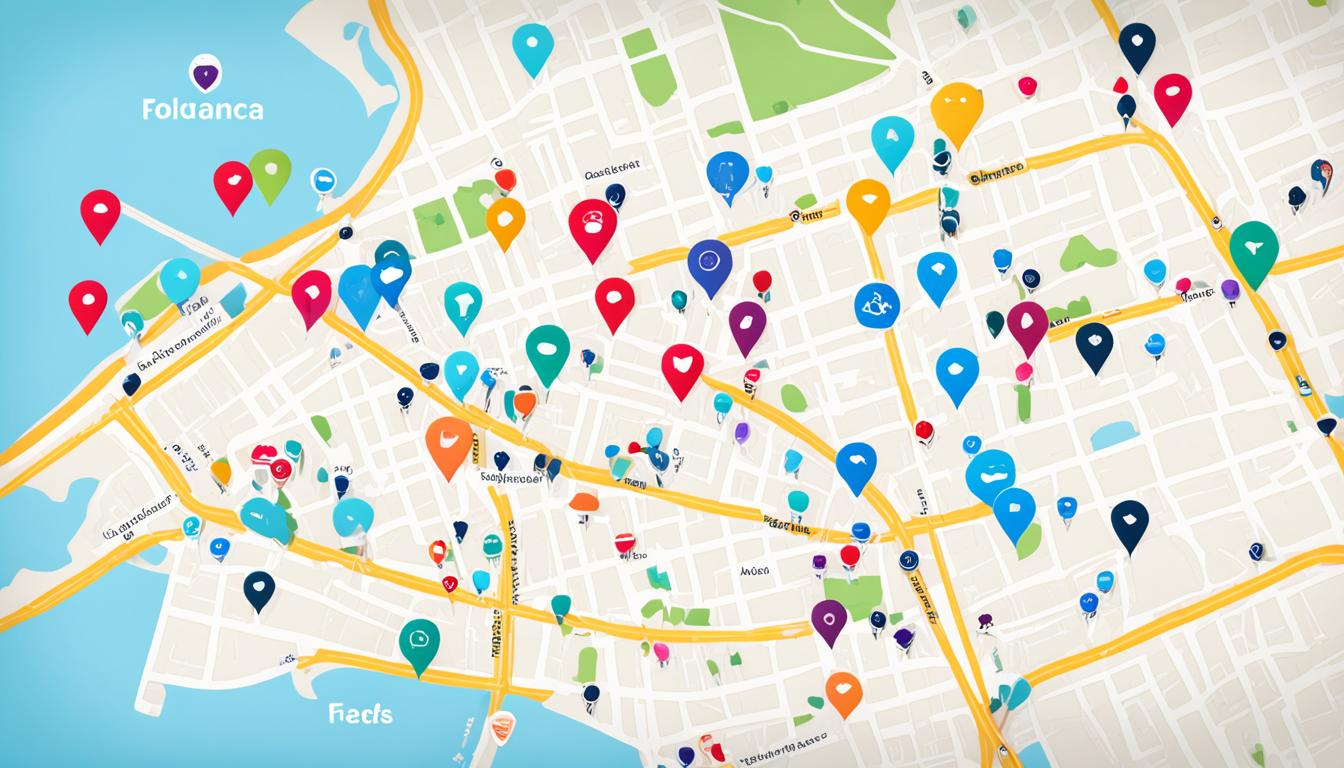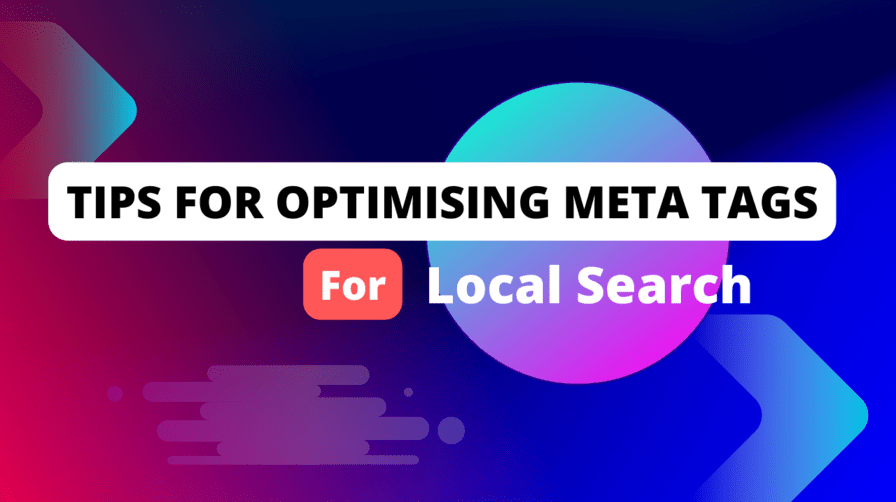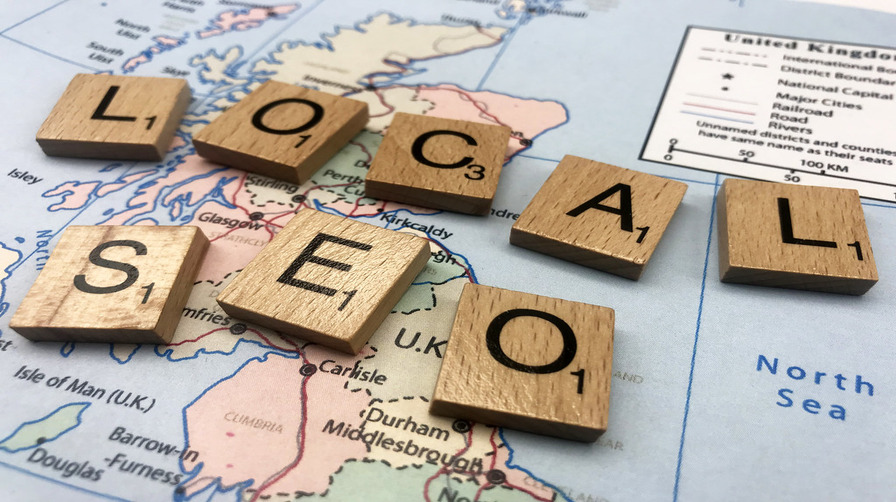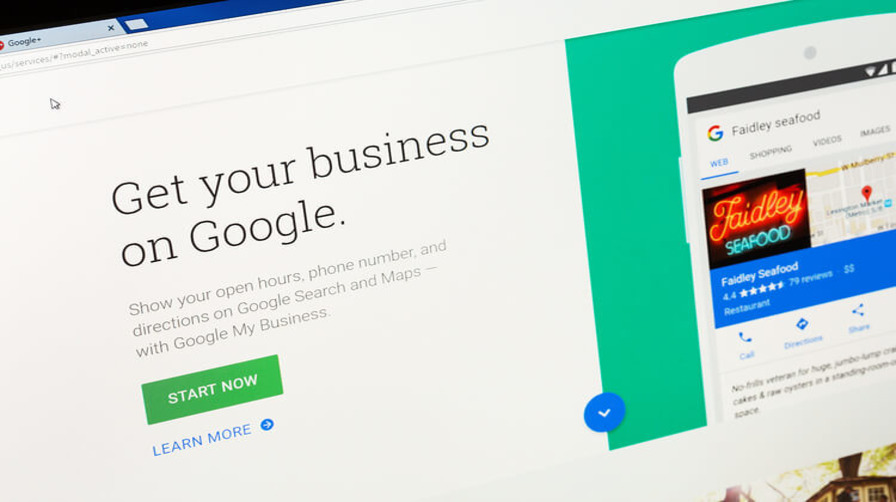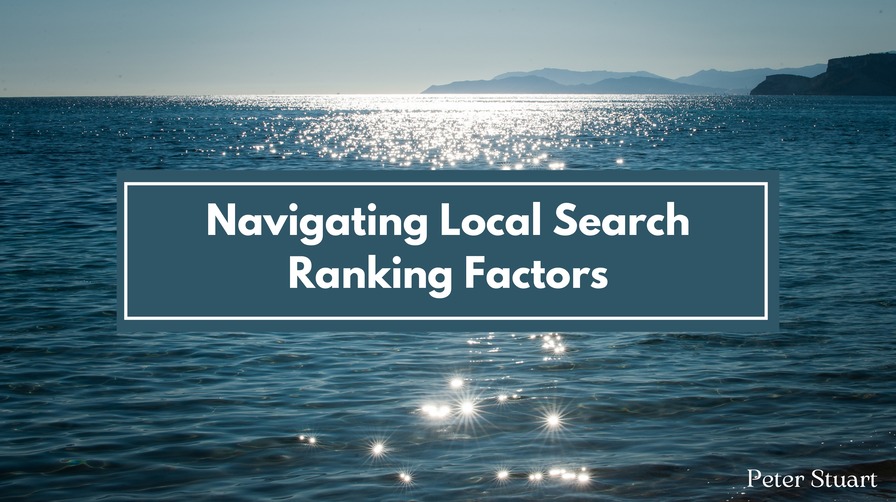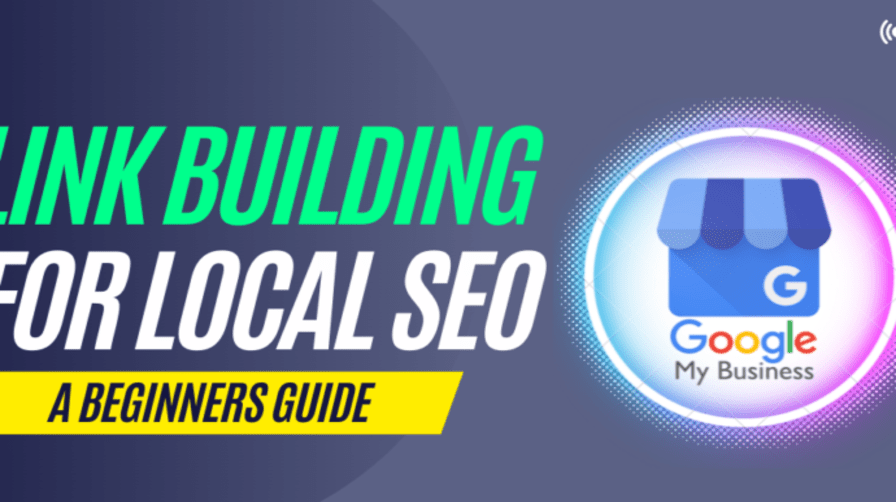Local SEO Content Optimisation Strategies
Local SEO Content Optimisation Strategies Local SEO content optimisation is essential for local businesses that want to improve their visibility in local search results. By implementing effective strategies, businesses can increase their chances of appearing in the top search results when users search for products or services in their local area. In this article, ill walk you through the various strategies for optimising local SEO content, including keyword research, website optimisation, local business listings, building local citations, optimising Google My Business, and local link building. By implementing these strategies, businesses can improve their online presence and attract more local customers. Table of Contents: Understanding Local SEO Keyword Research for Local SEO Optimising Website for Local SEO Local Business Listings and Directories Building Local Citations Optimising Google My Business Local Link Building Strategies Conclusion Frequently Asked Questions Understanding Local SEO What is Local SEO? Local SEO is a strategy that focuses on optimising a website’s visibility like images in local search results. It involves implementing various techniques to improve the website’s rankings for location-specific keywords. The goal of local SEO is to increase traffic and attract more local clients who are looking for the services/products you provide. Local SEO is important for businesses that rely on local customers. By targeting specific geographic areas, businesses can better reach their target audience and increase their chances of converting leads into customers. Local SEO involves optimising various aspects of a website, including its content, meta tags, headers, and URLs, to make it more relevant and visible to local searchers. It also involves managing online reviews and listings on local directories to boost the business’s online reputation and credibility. Why is Local SEO important? Local SEO is important for businesses that rely on local customers. It helps improve online visibility in a specific geographical area, leading to increased foot traffic and sales. By optimising your website and online presence for local search, you can attract more potential customers who are actively looking for products or services in your area. Benefits of Local SEO As a local business owner, effective local SEO strategies can provide numerous benefits. Increased visibility in local search results can lead to higher website traffic and more potential customers discovering your business. By optimising your website and online presence for local search, you can target specific geographic areas and attract local customers who are actively searching for the products or services you offer. Local SEO can help you stand out from competitors in your area. When potential customers search for businesses like yours, having a strong local SEO presence can make your business more visible and appealing. This can result in higher conversion rates and increased revenue. Local SEO can improve your online reputation. By managing your online reviews and maintaining accurate business information, you can build trust with potential customers and establish a positive reputation in your local community. Implementing local SEO strategies can lead to increased visibility, targeted local traffic, higher conversion rates, and an improved online reputation. Keyword Research for Local SEO Importance of keyword research Keyword research is a crucial step in optimising your website for local SEO. It helps you understand the language and terms that your target audience is using to search for local businesses like yours. By identifying the right keywords, you can tailor your content to match the search intent of your potential customers. One good way to conduct keyword research is by using Google Keyword Planner. This tool provides valuable insights into search volume, competition, and related keywords. It allows you to discover high-performing keywords that can drive targeted traffic to your website. Another important side of keyword research is identifying long-tail keywords. These are longer and more specific keyword phrases that have lower search volume but higher conversion rates. By targeting long-tail keywords, you can attract highly motivated customers who are more likely to convert into leads or sales. Keyword research is the foundation of a successful local SEO strategy. It helps you understand your target audience, optimise your content, and drive relevant traffic to your website. Tools for local keyword research When it comes to local keyword research, several tools can help you find the right keywords for your business. One of the most popular tools is Google Keyword Planner, which provides valuable insights into the search volume and competition for specific keywords. Another useful tool is Moz Keyword Explorer, which offers in-depth analysis and suggestions for local keywords. You can also leverage the power of Google Trends to identify trending keywords in your local area. This can help you stay ahead of the competition and target popular search terms. To organise and track your keyword research, you can use a spreadsheet or a dedicated keyword research tool. This will allow you to keep track of the keywords you have researched, their search volume, and their performance in your local SEO efforts. Thorough keyword research is essential for optimising your website and content for local SEO. Long-tail keywords for local SEO Long-tail keywords are essential tools that can supercharge your search engine optimisation game and help bring more organic traffic to your website. These keywords are longer and more specific phrases that people use when searching for a particular product or service. By targeting long-tail keywords, you can better align your content with the intent of your target audience and increase the chances of attracting highly relevant traffic. Using long-tail keywords in your website content, meta tags, and headers can improve your visibility in local search results and drive more qualified leads to your business. Optimising Website for Local SEO Creating location-specific landing pages As a local SEO expert, I understand the importance of creating location-specific landing pages for businesses. These pages are designed to target specific geographic areas and provide relevant information to local customers. By optimising these pages with local keywords, businesses can improve their visibility in local search results. One effective way to structure location-specific website pages is by using a bulleted list to highlight key information.


